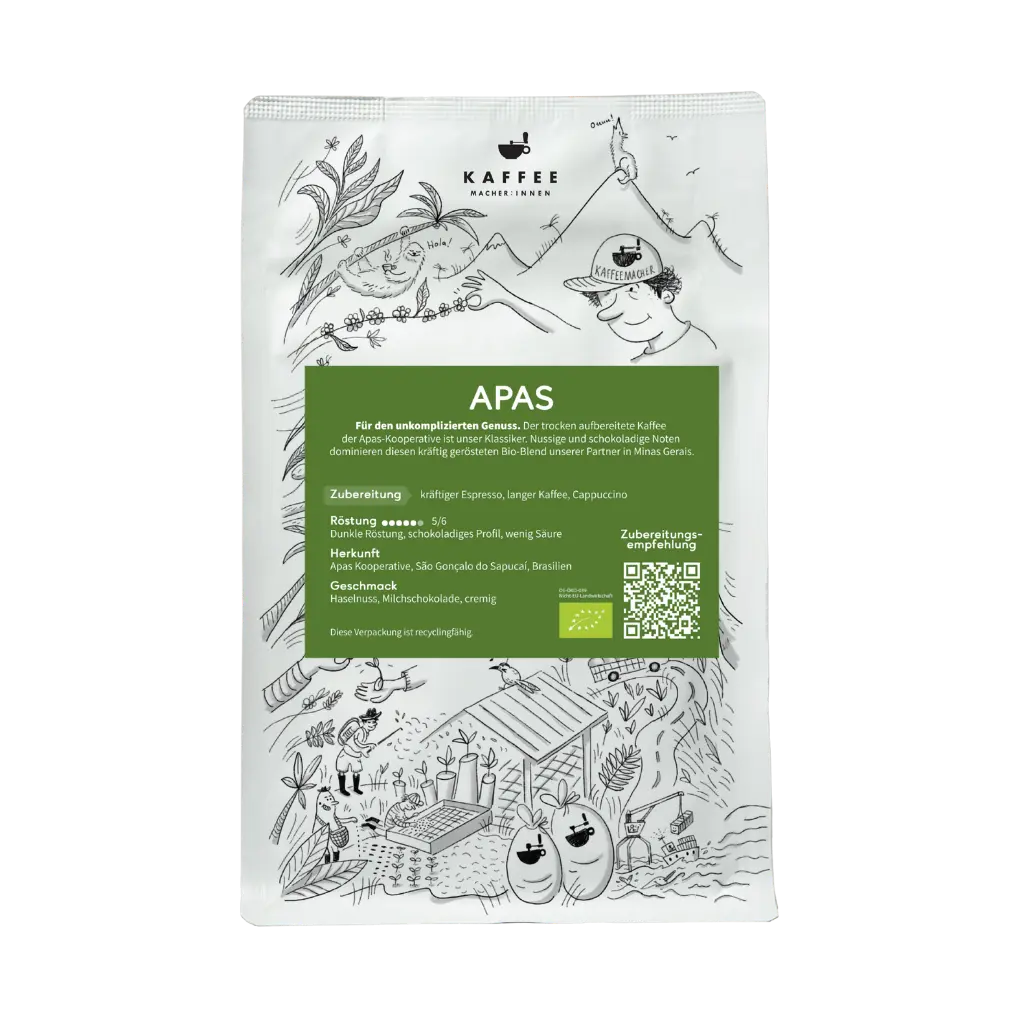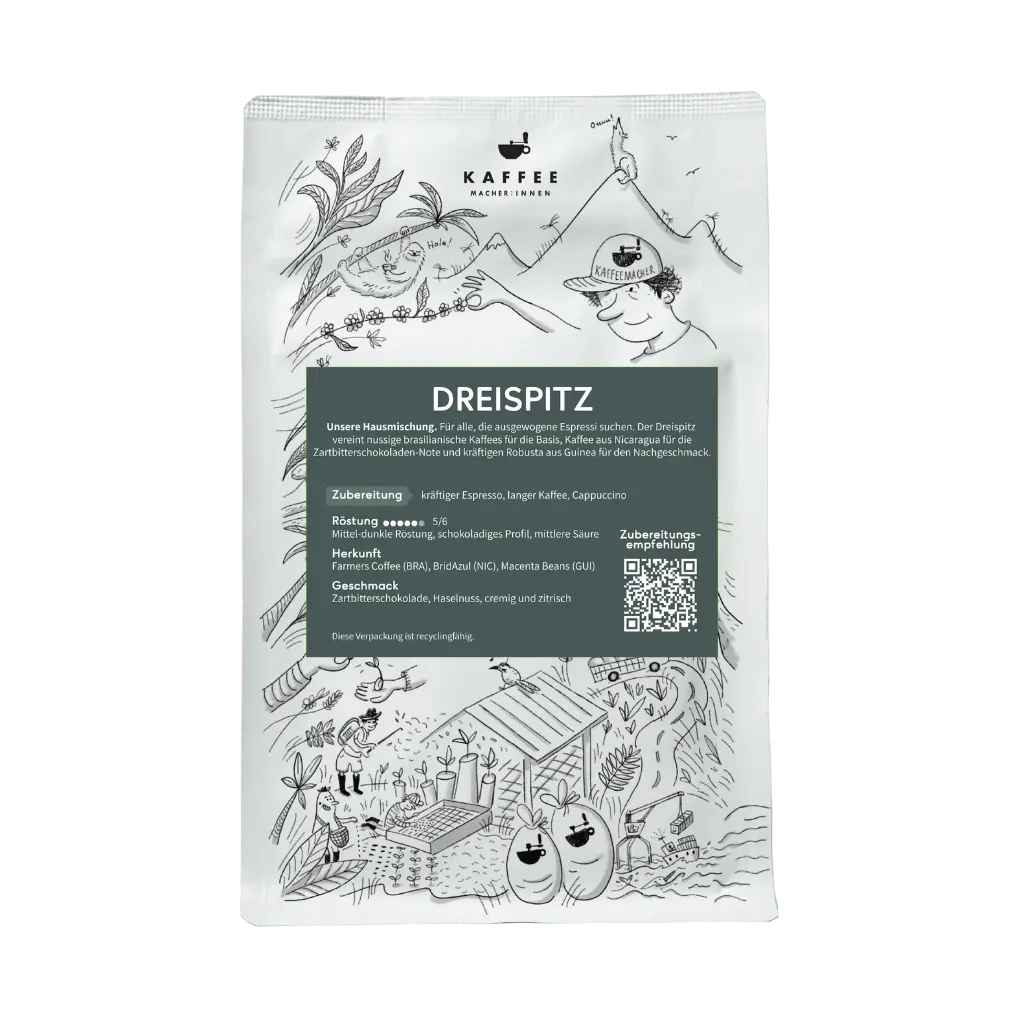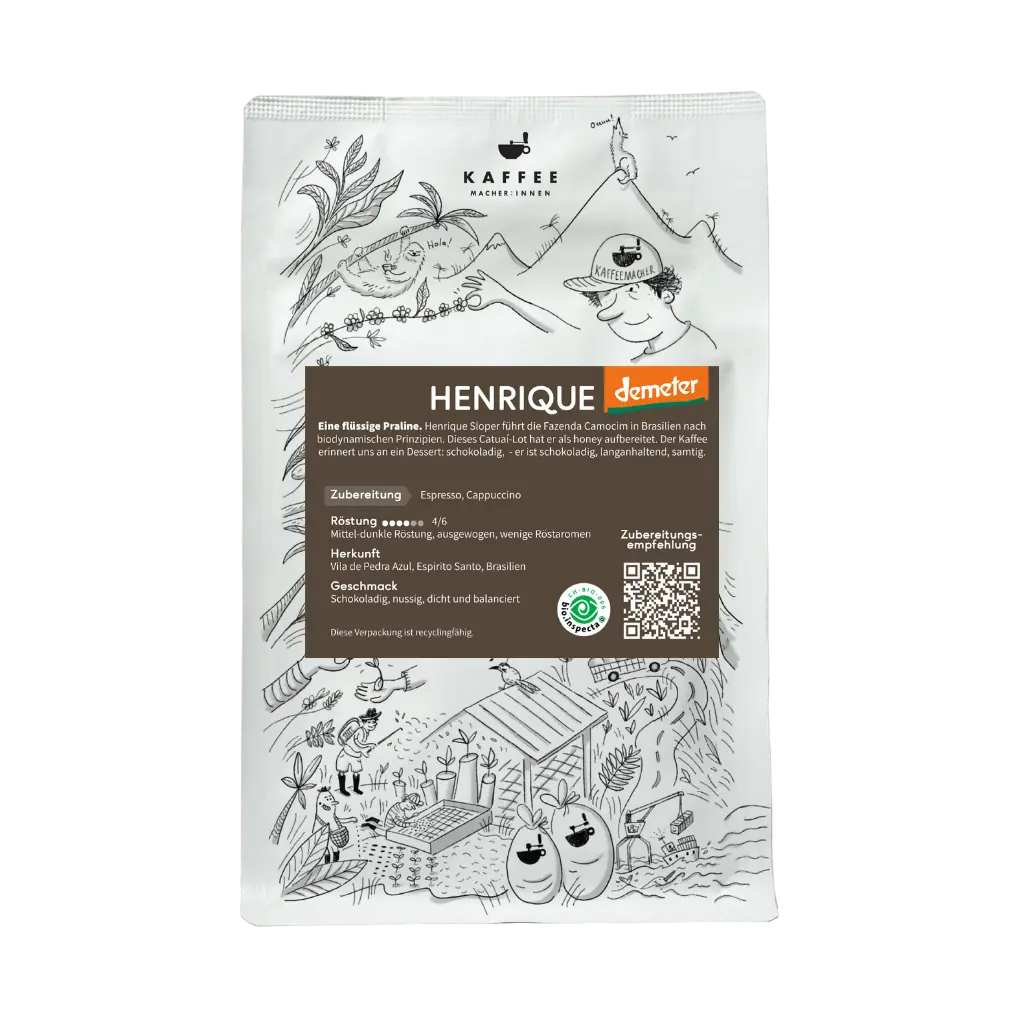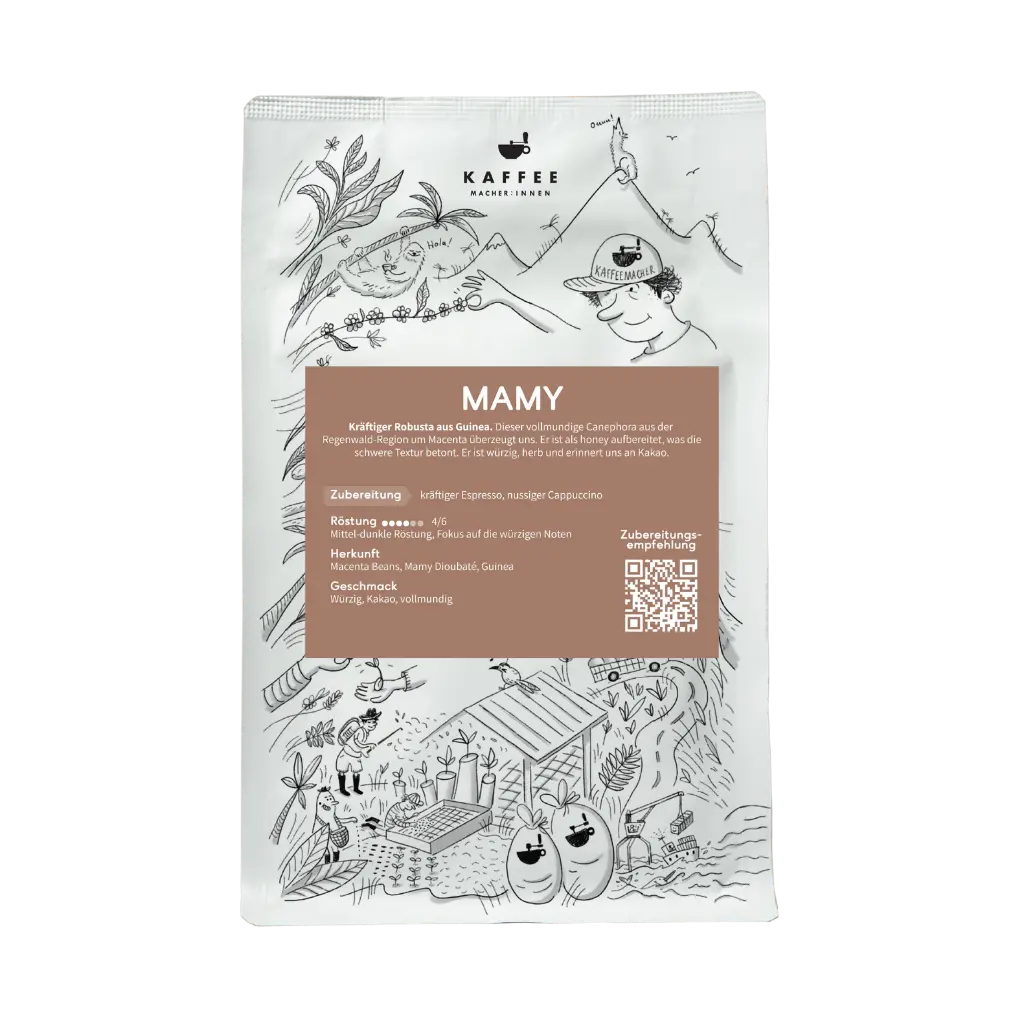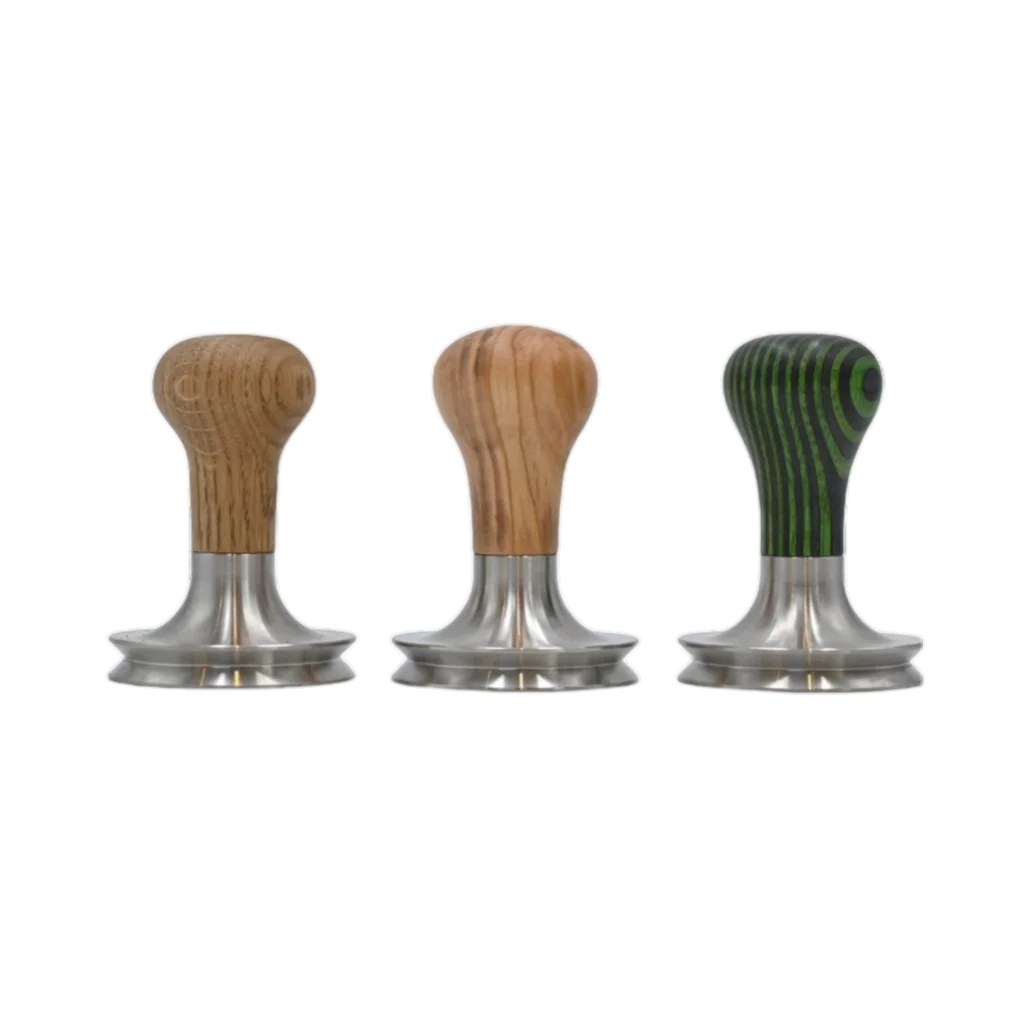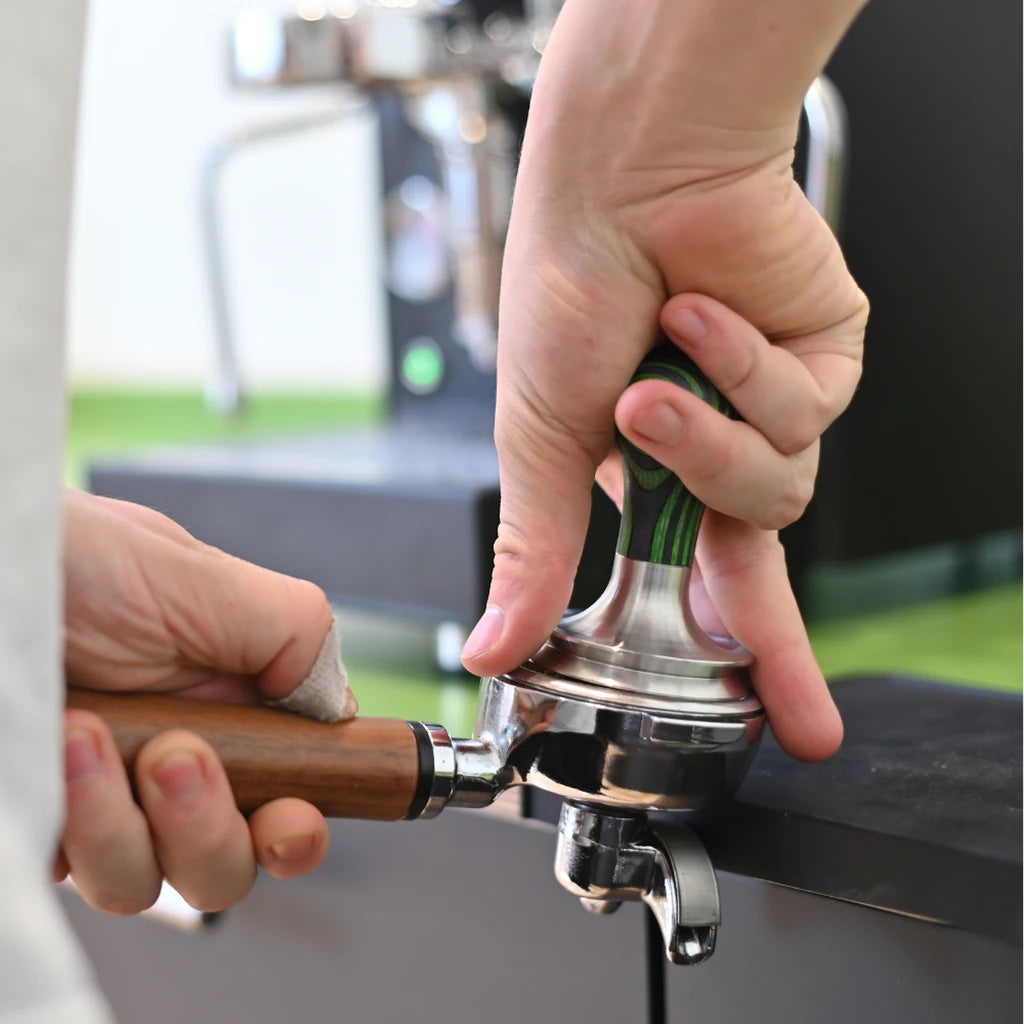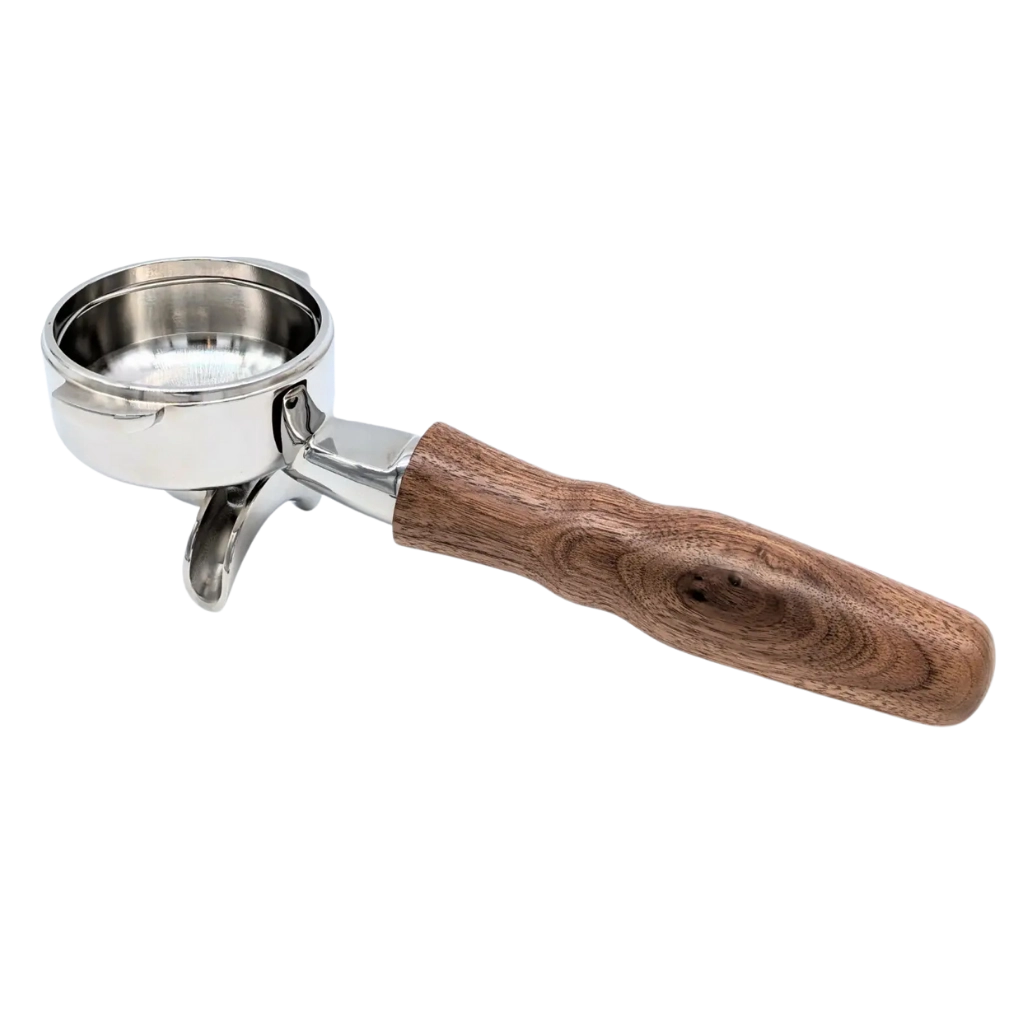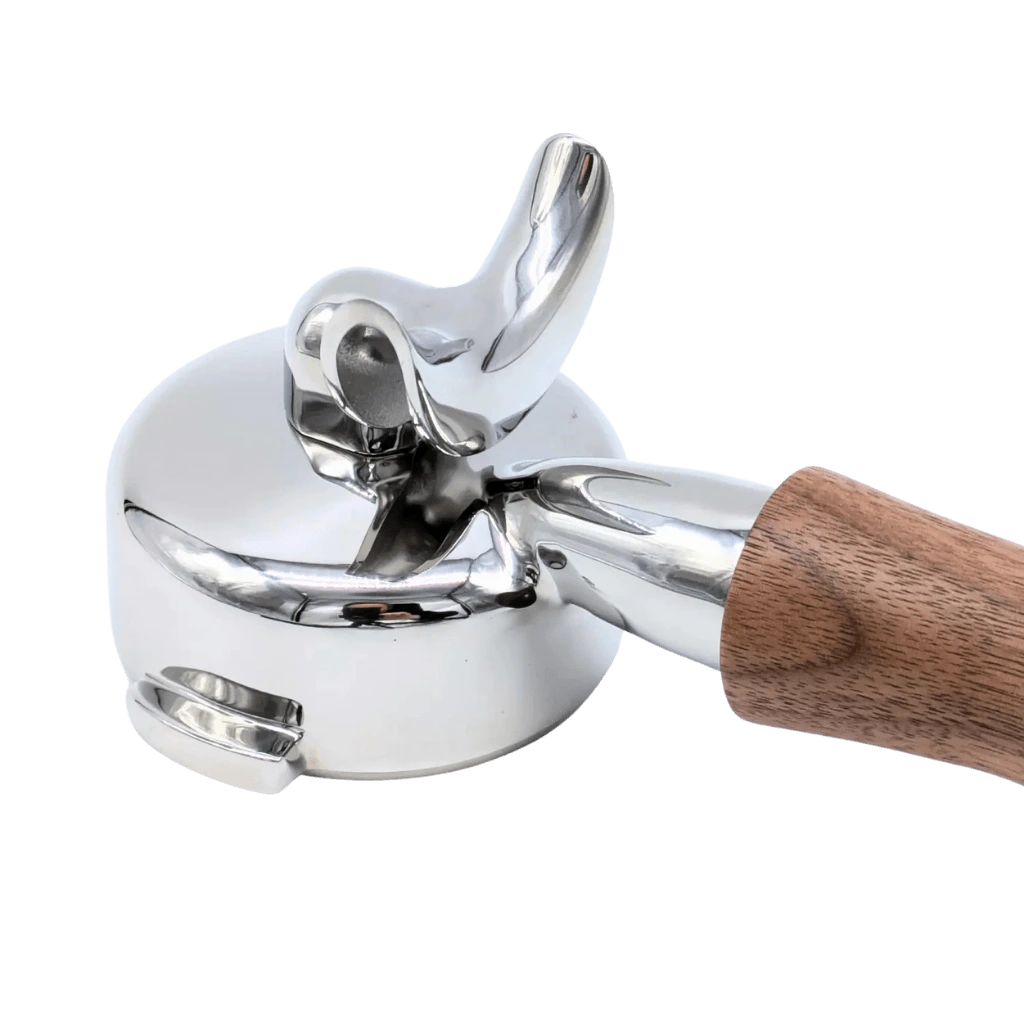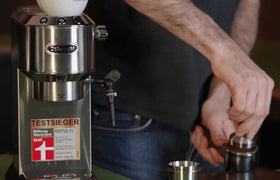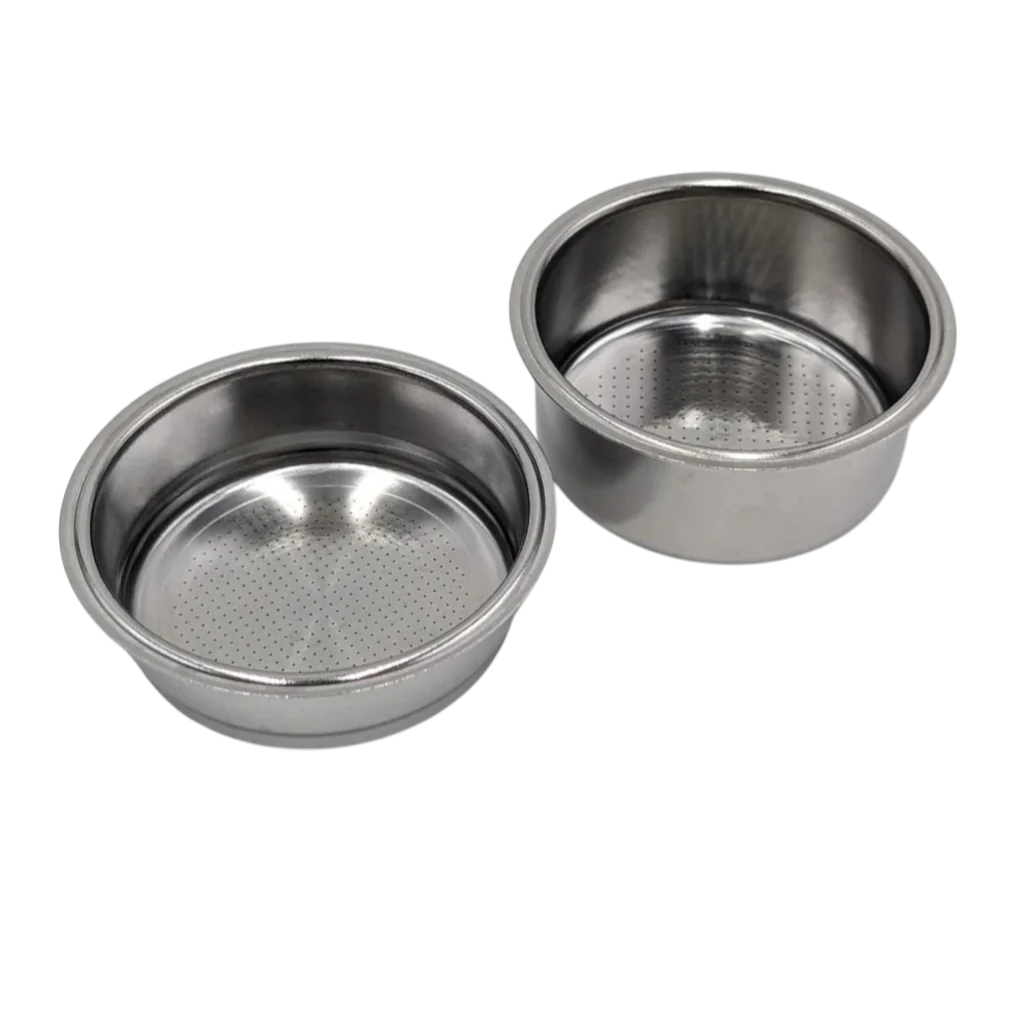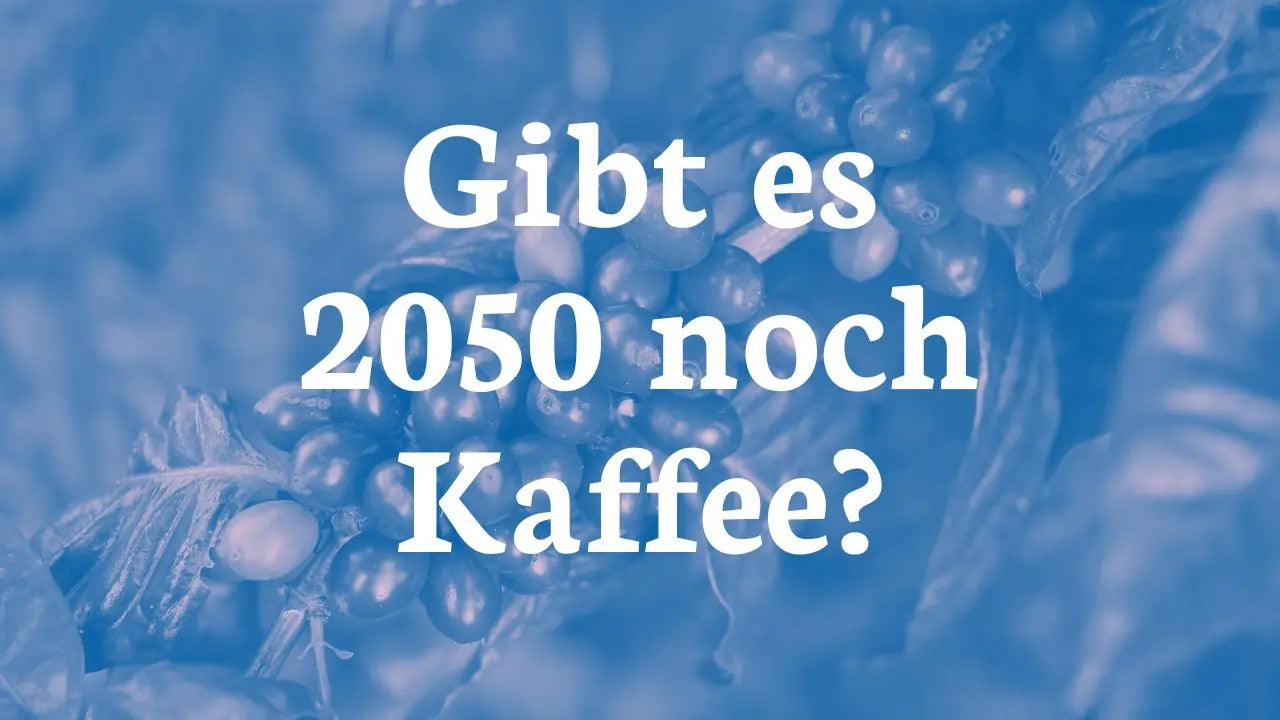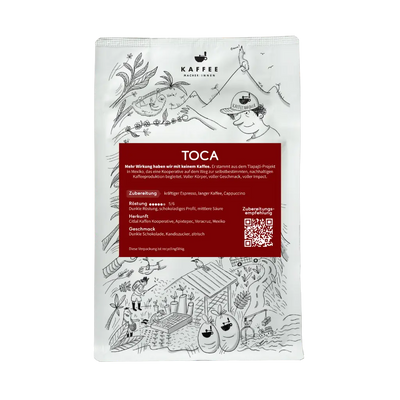Coffee is subject to climate change. Our new video explores who will grow coffee, where and how in the future, what it will taste like, and whether it will become more expensive.
Last summer, I read a book that has shaped my thinking and actions ever since. It's called "The Good Ancestor" by Roman Krznaric.
Krznaric discusses concepts that can help us think for future generations and thus critically examine our actions.
We know that our decisions have long-term consequences: personally, professionally, and yes, even when drinking coffee.
The coffee tree planted today will face increasingly adverse conditions in the future. Perhaps it will become drier, wetter, cooler, hotter, or there will be new mutations of diseases that will affect the coffee tree.
The effects of climate change are influencing coffee production, but exactly how and where is not yet predictable. So, it's not at all a given that we'll still be able to drink coffee in 2050. In short: we'll still be drinking coffee in 27 years, but not in the same way as we do today.
In the podcast series Coffea Futurica, I talk to guests about future scenarios of how we can better grow, process, roast, trade, and prepare coffee.
The coffee of the future
The coffee may still taste similar, but what happened on the way to our coffee cup will have changed dramatically.
We all have a say in the future of coffee.
◉ By the intention of how we buy coffee
◉ By the preference of what we like in coffee
◉ Through the idea of what kind of agriculture we want to support
I recently presented these ideas in a video and discuss the following points.
The following questions are discussed in detail in the video; here is a brief summary.
Where will the coffee of the future come from?
Brazil, the world's largest coffee-producing country, will be hit hard by global warming. Certain regions are experiencing significant warming, and drought stress is increasing.
In other regions, a changing climate suddenly opens up new opportunities: in Uruguay or Portugal, the climate will be suitable for coffee cultivation in just a few years. The demographic upheavals that will accompany this are all still incalculable—but they will be clearly noticeable.
Who grows it?
Small farms that already lack direct market access, are in debt, and know little about their coffee's potential will disappear from the scene. The financial and psychological burden of growing a product with a long horizon and only producing yields after three years, in an increasingly unpredictable world, is too great.
The future belongs to producers who are well connected and flexible, who can use the potential of their knowledge and their land in a way that is adapted to the circumstances, and who are as strong entrepreneurially as they are sensorially.
What will coffee taste like in the future?
The same and different. The majority of coffees will probably taste similar, because coffee from warmer regions often exhibits less complexity. And as the weather warms, there will be more regions producing coffee with a more mainstream flavor. More specialized coffees will still exist, but demand for them will also increase rapidly, making the market more competitive.
Will coffee become more expensive in the future?
Yes, it will probably gradually become more expensive. This has to do with rising living costs, hopefully ever-improving wages for coffee producers, and competition for labor. In some places, mechanization is still more prevalent than in others, but the industrialization of coffee production is not equally possible everywhere.
So I would argue: if coffee doesn't become more expensive, we have to look at it critically.
Prices have risen everywhere in the last year. Why shouldn't a product that travels around the world also become more expensive?
There will be one segment of the coffee market in particular that will experience strong growth: the one that has recognized that nature isn't free. In this segment, coffees will command the price needed to shape agriculture in a way that is beneficial for both people and the environment.
What is our role in this? And what can we do?
All of us who drink coffee, all of us who roast, buy, and produce? We all have a say in the coffee of the future.
Two simple means are:
1. Anyone who buys directly from roasters has the opportunity to ask where exactly the coffee comes from, how the coffee was produced and whether this coffee is human- and environmentally friendly.
2. Anyone who buys coffee in the supermarket can rely on double-certified coffees (organic and Fairtrade). Perhaps this will only make the coffee world a little better, but above all, it won't make it worse. And that's a good start.
As a company with the purpose of considering coffee as a whole, providing inspiration and making the world a little better with coffee, the current and future challenges are an incentive for us like never before to help shape the future.
Where there are questions and uncertainties, there are opportunities. We're staying on top of things, searching for answers, and want to seize these opportunities with everyone involved in the coffee chain.
More on the topic of "Coffee of the Future": Podcast Coffea Futurica
Our coffees come from projects that focus on regenerative agriculture:
Toca - Espresso, Mexico
Here we accompany a newly created cooperative from conventional to organic and regenerative production
Mamy - Espresso, Guinea
The Macenta Beans project works with Canephora producers who do not use synthetic fertilizers per se and grow coffee in the rainforest
Flhor - Espresso, long coffee, Honduras
18 Conejo is our long-standing partner with a focus on biodynamic coffees. As the first certified organic producer, 18 Conejo remains a pioneer in near-natural cultivation.
Apas - Espresso, Brazil
In January 2023, the first container of certified organic Apas coffee was loaded onto the ship. This was a milestone in our partnership, as organic coffee is a rarity in Brazil.



